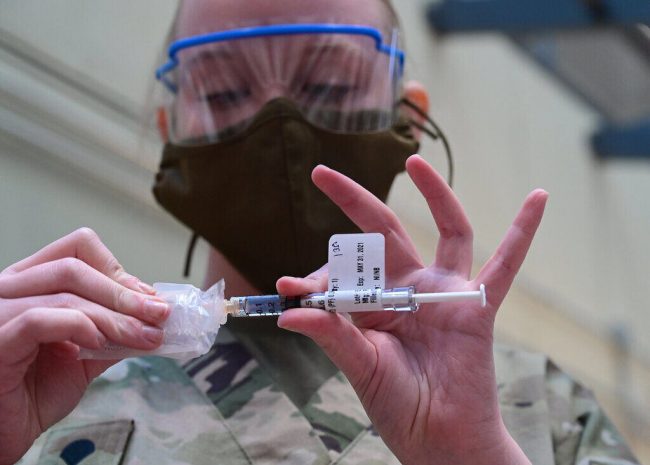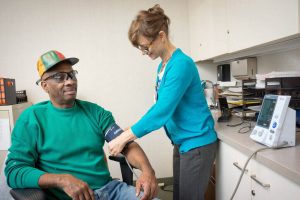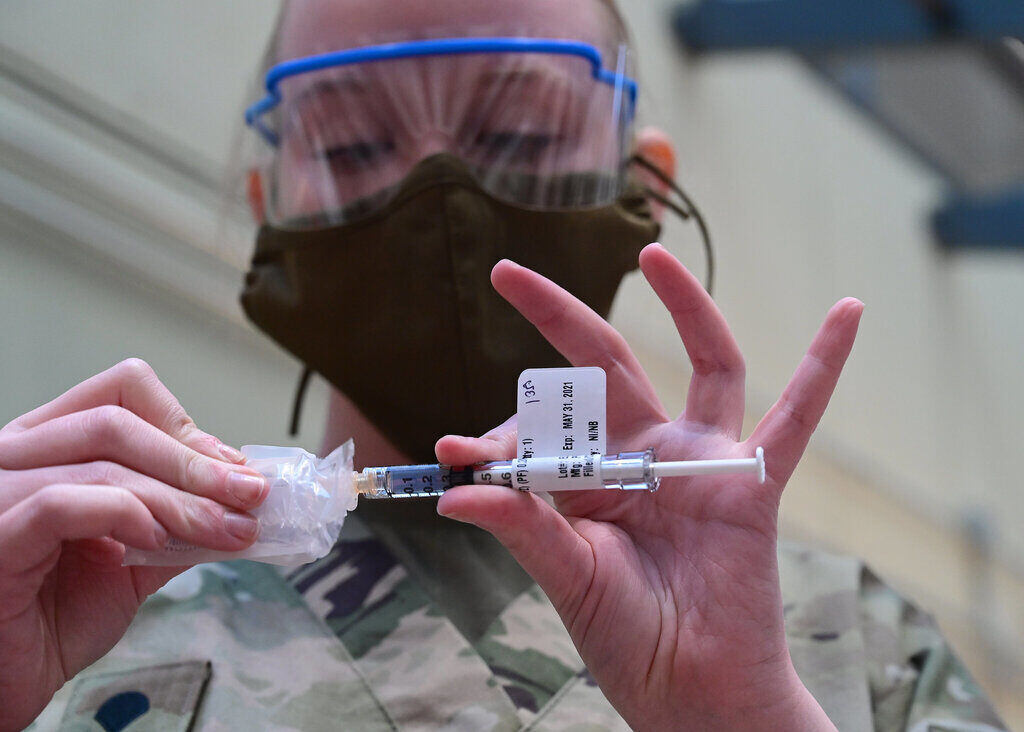|
Getting your Trinity Audio player ready...
|

After a lengthy debate among experts, the Pfizer/BioNTech vaccine booster is now available to some adults in the United States. Beginning Sept. 25, 2021, certain groups of adults, people with underlying conditions, and those in long-term care facilities can receive an additional shot.
The boosters are recommended for individuals who had both injections at least six months ago and those in the following three groups:
- People ages 65 or older.
- Residents and employees of long-term care facilities.
- Individuals with underlying medical conditions that place them at high risk of severe COVID-19 if they become infected with the virus.
Initially, they endorsed recommendations that the booster shot should be given to people ages 18 to 49 if they have an underlying condition. But, the Advisory Committee on Immunization Practices (ACIP) voted against recommending boosters for people ages 18 to 64 unless they are at greater risk because of their institution or occupational work.
However, Centers for Disease Control and Prevention (CDC) Director Dr. Rochelle Walensky overruled the advisory panel and recommended boosters for 18 to 64 years who have an increased risk for COVID-19.
The Food and Drug Administration (FDA) did authorize the Pfizer booster shot for those with frequent occupational and institutional exposure like teachers, health care, and other front-line employees. The CDC urges everyone in this group to consider getting a booster because they are on the high-risk level.
Why the CDC and FDA Only Approved Booster Shots for Some People

Most experts are not convinced that there is a need for vaccine booster shots for most Americans. However, the FDA departed from this idea since recent data indicates that as the vaccine’s efficacy starts to wane, it seems to decrease effectiveness much faster in those over 65.
They may not agree on everything, but one thing is clear to scientists — COVID-19 vaccines are effective against severe disease, hospitalization, and death.
To understand why breakthrough infections happen, it helps to recall how the immune system works. Antibodies are the first line of defense against infection, and people can develop antibodies that target the COVID-19 virus through natural infection or vaccination. When the virus enters a body through the nose or throat, the antibodies there fight them off before they can take hold. But, the body cannot maintain a high level of antibodies against every pathogen. So, when the virus slips past them, it can cause a breakthrough infection because it begins to replicate.
A vaccine booster is an additional dose after the primary series of vaccines to maintain immunity against pathogens. Unfortunately, as COVID-19 continues to circulate as fast as a wildfire, there are increasing breakthrough infections in fully vaccinated people.
Both the FDA and CDC directors are committed to continue extending the recommendations for who should get a booster shot. Furthermore, the agency heads will strive to approve booster shots for those who are fully vaccinated from Moderna and Johnson & Johnson once they receive an application from the vaccine’s manufacturer. Moderna has submitted its application, but Johnson & Johnson has not, as yet.
Written by Janet Grace Ortigas
Edited by Cathy Milne-Ware
Sources:
CNN: Covid-19 vaccine boosters can begin for some US adults as CDC partially diverges from its advisers’ recommendations; by Jamie Gumbrecht
Forbes: Will You Need A Booster Vaccine Against Covid-19? By Mark Kortepeter
Featured and Top Image by Tech. Sgt. Enjoli Saunders Courtesy of The National Guard’s Flickr Page – Creative Commons License
Inline Image by Wake Forest School of Medicine Courtesy of NIH Image Gallery’s Flickr Page – Creative Commons License



